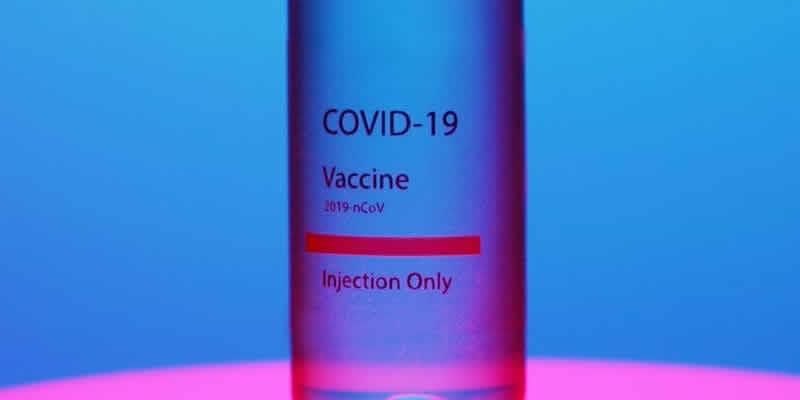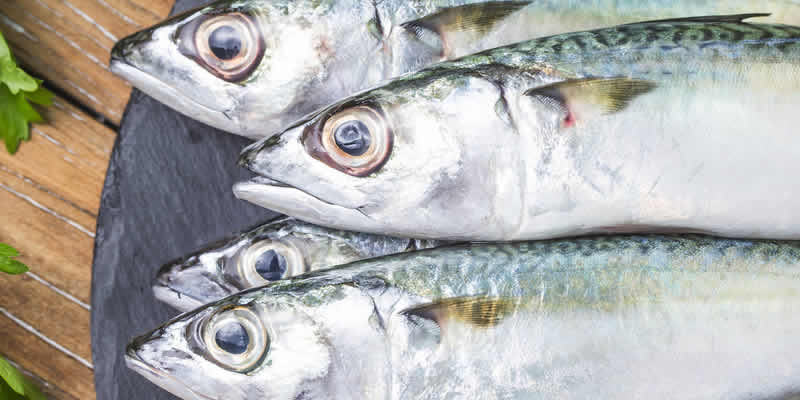Side effects and long-term health problems are putting off nearly half of black people in the UK from having their COVID-19 vaccine, a survey has found.
According to the Office for National Statistics (ONS), ethnic minorities, the under-30s and those on low incomes are the other groups of people who have expressed the most concern about being vaccinated.
- More than half of pregnant women with COVID-19 are from BAME backgrounds
- Report states BAME communities could be at greater COVID-19 risk
However, at 44%, black communities are showing the highest rate of hesitancy, compared with 16 and 18% for other ethnic minority groups and just 8% for white communities.
The Government has already tried to engage with black and Asian communities by launching a PR drive to encourage people to be vaccinated.
The campaign involved using celebrities such as Denise Lewis and Moeen Ali to address cultural concerns in a TV advert.
However, the ONS report has also indicated some positive findings too. The measure of those overall feeling positive about the vaccine has gone from 78% in December to 94% in February.
Tim Vizard, a policy analyst at the ONS, said: “Over the past three months we’ve seen people become increasingly positive about the Covid vaccines, with over nine in 10 adults saying they would have it if offered, or having already had it.
“Of those who are hesitant about receiving the vaccine, it’s younger and black adults who are most likely to say this, with concerns around side effects, long term effects and how well the vaccine works being the most common reasons.”
- Study shows COVID-19 shortened life expectancy in Americans
- Caffeine in pregnancy can have lasting effects on the child
Vaccine hesitancy is when someone does not feel positive about getting a vaccine or is not sure whether they would have one if it was offered to them.
The survey also found that young people, aged between 16 and 29, are the dominating age group in showing concern about being inoculated because one in six of them said they were unsure if they would have one.




